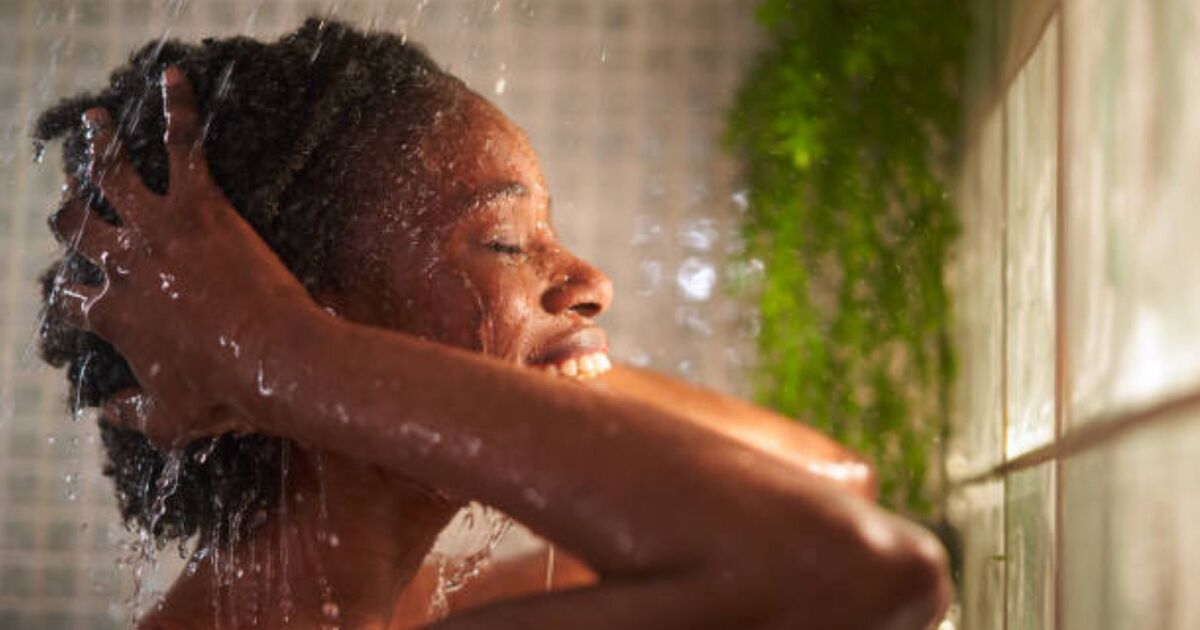Experts share what showering in hard water does to your hair
Hair experts have revealed that you should be worried about how hard water – water with high levels of minerals – might be impacting your tresses.
“The interesting thing about hard water’s impact is that you might not realise its effects unless you’ve experienced both hard and soft water,” says Deborah Maguire, a trichologist (an expert in hair and scalp health) and co-owner of the Love Hair salon.
Hard water is formed when water percolates through deposits of limestone, chalk, or gypsum, which are largely composed of calcium and magnesium carbonates, bicarbonates, and sulfates.
In the UK, most tap water comes from surface water: reservoirs, lakes, rivers, and streams. This water hasn’t been exposed to rocks for long enough to start accumulating minerals, so it remains soft.
Water in the South and the East of England tends to be harder, thanks to the rock formations mainly formed from limestone and chalk.
In the North and West, they’re often granite, so water doesn’t penetrate the ground and stays soft. Most of Scotland has softer water, too, as is a lot of Northern Ireland.
“Mineral deposits from hard water may accumulate on the hair shaft, leading to dryness, dullness and brittleness,” explains Iain Sallis, trichologist at the Farjo Hair Institute.
This build-up, he told The Independent, “may make hair more prone to tangling and frizz”, and might also “irritate the scalp, potentially causing dryness and itchiness”.
Plus, hard water “can cause colour-treated hair to fade more quickly and may lead to a brassy or uneven tone”, Sallis adds. “Mineral deposits can cause hydrogen peroxide to accelerate, in some cases leading to aggravated hair damage from bleaching.”
The experts suggested using a clarifying shampoo once a week to strip mineral build-up and ensuring a thorough rinse rather than washing twice. You can also purchase a shower filter to remove the minerals.
It’s not only your hair you’ve got to worry about, because while it’s totally fine to sip on, hard water can “strip away natural oils” from the skin leading to irritation and dryness, explains Dr Anjali Mahto, consultant dermatologist and founder of Self London clinic.
Some studies have linked harder water to an increased risk of developing eczema in childhood.
Mahto adds: “It can also leave a residue of soap on the skin, disrupting the skin barrier and increasing sensitivity, which may trigger breakouts, particularly for those prone to acne or rosacea”.

